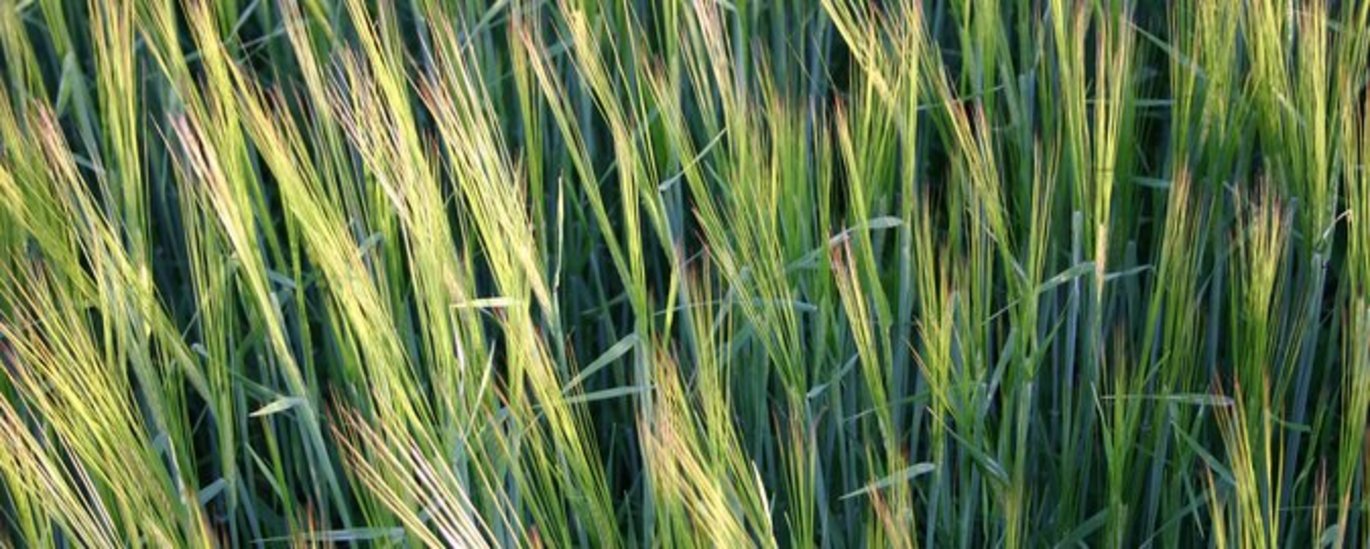Gene switch-off produces healthier carbohydrates
For the first time ever scientists have succeeded in producing a crop containing only healthy carbohydrates. Easily digestible starch, which is the lesser healthy version of carbohydrates, was avoided by switching off specific genes in barley.

We need protein, fat and carbohydrates – there is no way around that. But does the form that these nutrients take really matter? Yes, it does. Carbohydrates differ in their digestibility, and therefore in their healthiness. Scientists at Aarhus University have developed a method which they have used to produce a unique type of barley containing only the healthy form of carbohydrate.
The most common form of carbohydrate in our food is starch, which is the main ingredient in bread, pasta and potatoes. However, not all forms of starch are healthy. The easily digestible type contains primarily amylopectin. This is rapidly broken down in the gut and assimilated into the bloodstream as sugar. High levels of blood sugar may lead to obesity and diabetes.
The less easily digestible starch contains primarily amylose. This tends to pass through the small intestine to end up in the large intestine. Here it is instead broken down by bacteria, which has positive effects on health.
The healthiest carbohydrate
The challenge for the scientists was in creating a plant that contained starch consisting mainly of amylose, without affecting yields. They used barley as a model plant – an important crop that is used for both food and fodder.
- We were interested in seeing how much amylose we could create. We have never before seen a plant that was able to create starch containing exclusively amylose, says scientist Kim Hebelstrup from Aarhus University. He and his colleagues from Aarhus University and University of Copenhagen are therefore the first ever to create a plant containing pure amylose.
The innovation made use of genetic and biotechnological methods that enabled specific genes in the barley to be switched off. The novel method allows several genes to be switched off in one go rather than just the one gene as has hitherto been the practice.
New healthy foods
To study the digestibility of the amylose-rich starch, laboratory tests were performed where enzymes were added to the starch. And rightly enough, the starch turned out to be more difficult to digest. The next step will be to undertake nutritional studies and to extend the use of the method to other crops.
- The knowledge we have created can be used on similar plants such as wheat, maize and rice, which are some of the most important food staples in the world, says Kim Hebelstrup.
A more detailed description of the method developed, can be found in an article published in the scientific journal BMC Plant Biology here.
The project received financial support from The Danish Council for Independent Research | Technology and Production Sciences, the Ministry of Food, Agriculture and Fisheries, and from the Ministry of Science, Innovation and Higher Education. The research was a collaboration between Aarhus University and associate professor Andreas Blennow from University of Copenhagen.
Further information
Scientist Kim Hebelstrup, Department of Molecular Biology and Genetics, e-mail:kim.hebelstrup@agrsci.dk, telephone: +45 8715 8271
